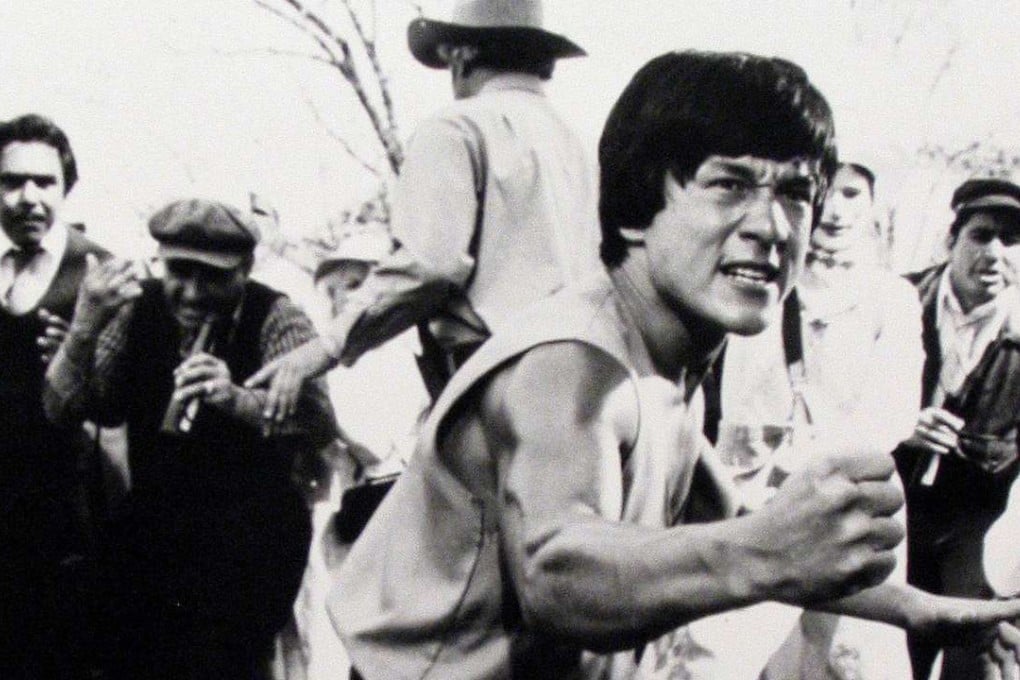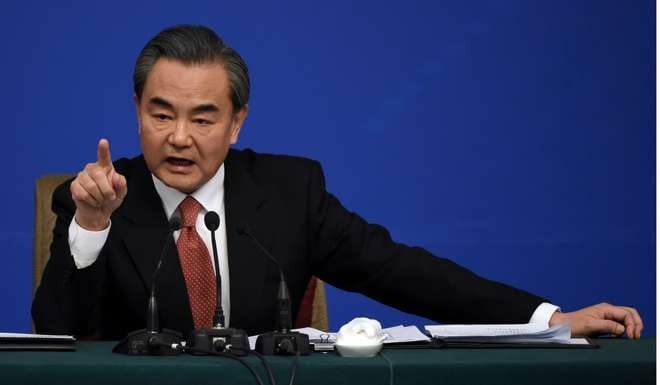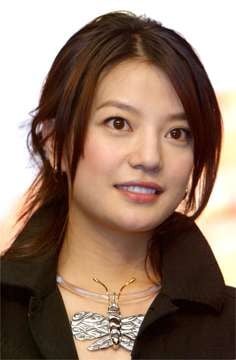The complex origins of Chinese names demystified
With more than 4,700 Chinese family names in use today, find out how the Chan in Jackie Chan dates back to 1046BC and why Bruce Lee owes his name to a plum tree

“What is your name?” ought to be a straightforward question but, for many Chinese, it is often accompanied by self-conscious explanations, repeated corrections and, finally, resigned capitulation (“Just call me John!”). Even in Hong Kong, where Han Chinese form the overwhelming majority, many non-Chinese residents find Chinese names “difficult” – although, in fairness, the fault is not entirely theirs.
The modern naming convention is actually quite simple: the family name is placed in front of the given name. For example, the name of the chief executive of Hong Kong, “Leung Chun-ying”, written as “梁振英” in Chinese, is standard, with the family name “Leung” (梁) placed in front of the given name, “Chun-ying” (振英).

All would be well if all romanised Chinese names followed this format, but that is not the case. Romanised family names are placed in all manner of positions. They may be rendered in the form of a Western “last name” because the person has taken on or been given a non-Chinese, usually Western, name in addition to his Chinese one, e.g. Peter Wong; or he may choose to go by his initials, which usually involves placing his surname last, e.g. C.Y. Leung. In the case of the hybridised Western-Chinese name John Tsang Chun-wah, the surname is the second word (“Tsang”).

While one’s family name can be placed in front, at the back or somewhere in between in romanised form, in Chinese it always precedes the given name. Hence, while the chief executive can either be “Leung Chun-ying” or “C.Y. Leung” in English-language press reports, in Chinese he will always be “梁振英”, never “振英梁”.